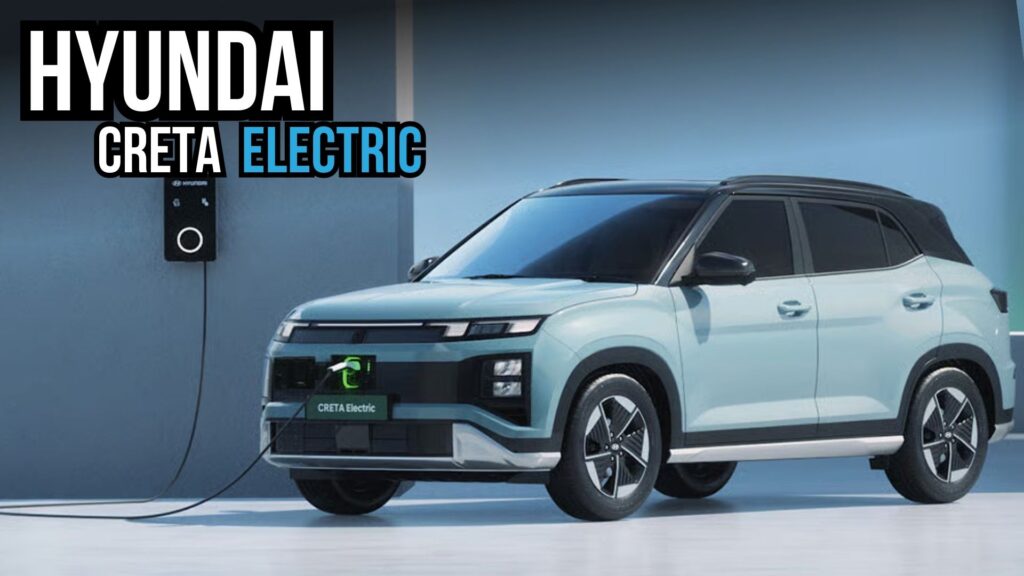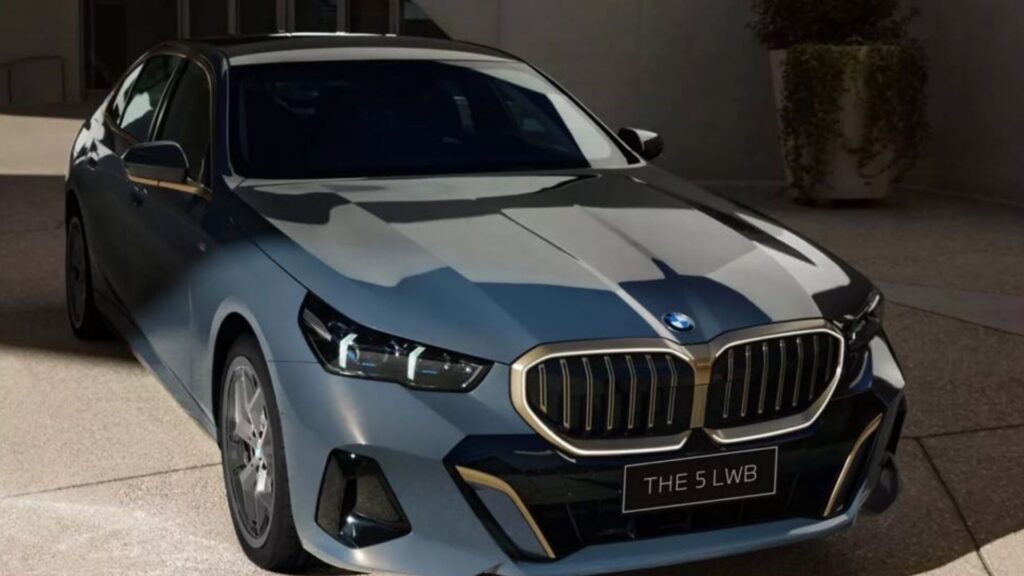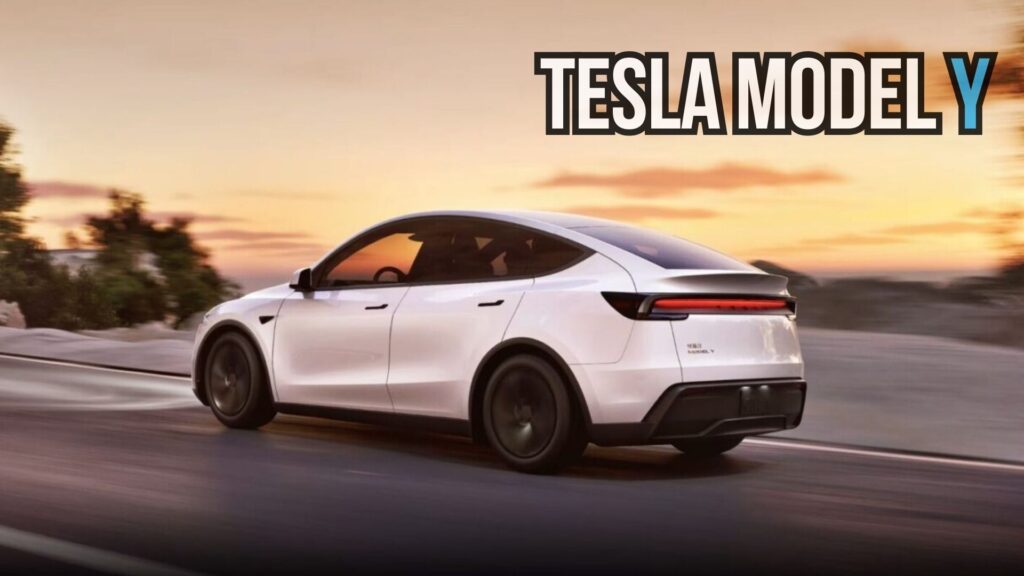The European electric vehicle (EV) market is one of the most competitive arenas in the global automotive industry. With brands like Tesla, BYD, and established legacy manufacturers including Volkswagen, BMW, and Mercedes-Benz, the region has become a battleground for innovation, pricing, and market share. Despite the competition, Chinese technology giant Xiaomi has announced its firm commitment to entering Europe’s EV market by 2027.
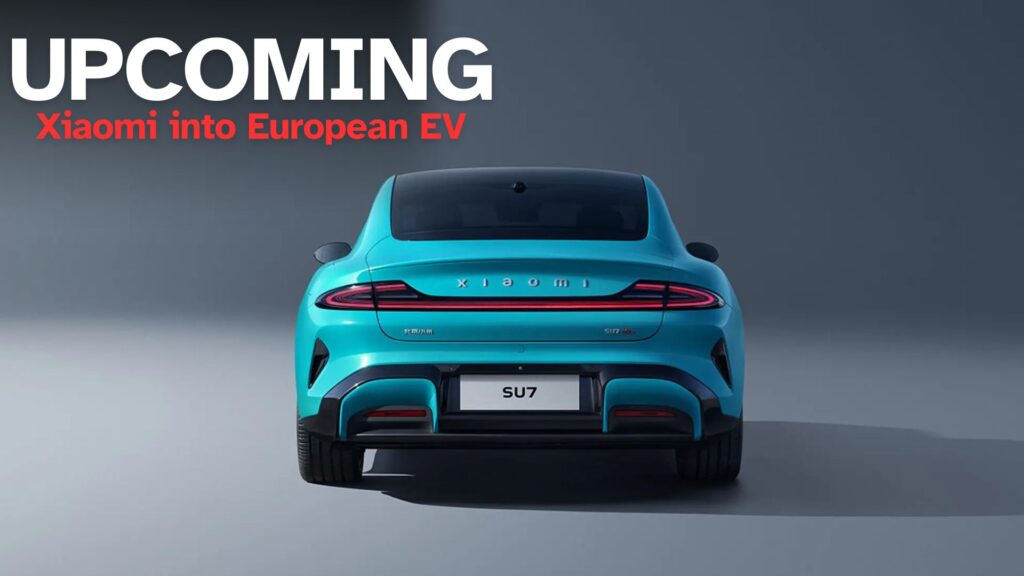
The company, widely recognized for its smartphones and consumer electronics, has successfully transitioned into automotive manufacturing. Its debut models, the SU7 sedan and the YU7 SUV, have already generated overwhelming demand in China. Now, Xiaomi is preparing to bring that momentum to international markets, with Europe as the first stop in its global expansion.
Xiaomi’s Rapid Rise in the Automotive Industry
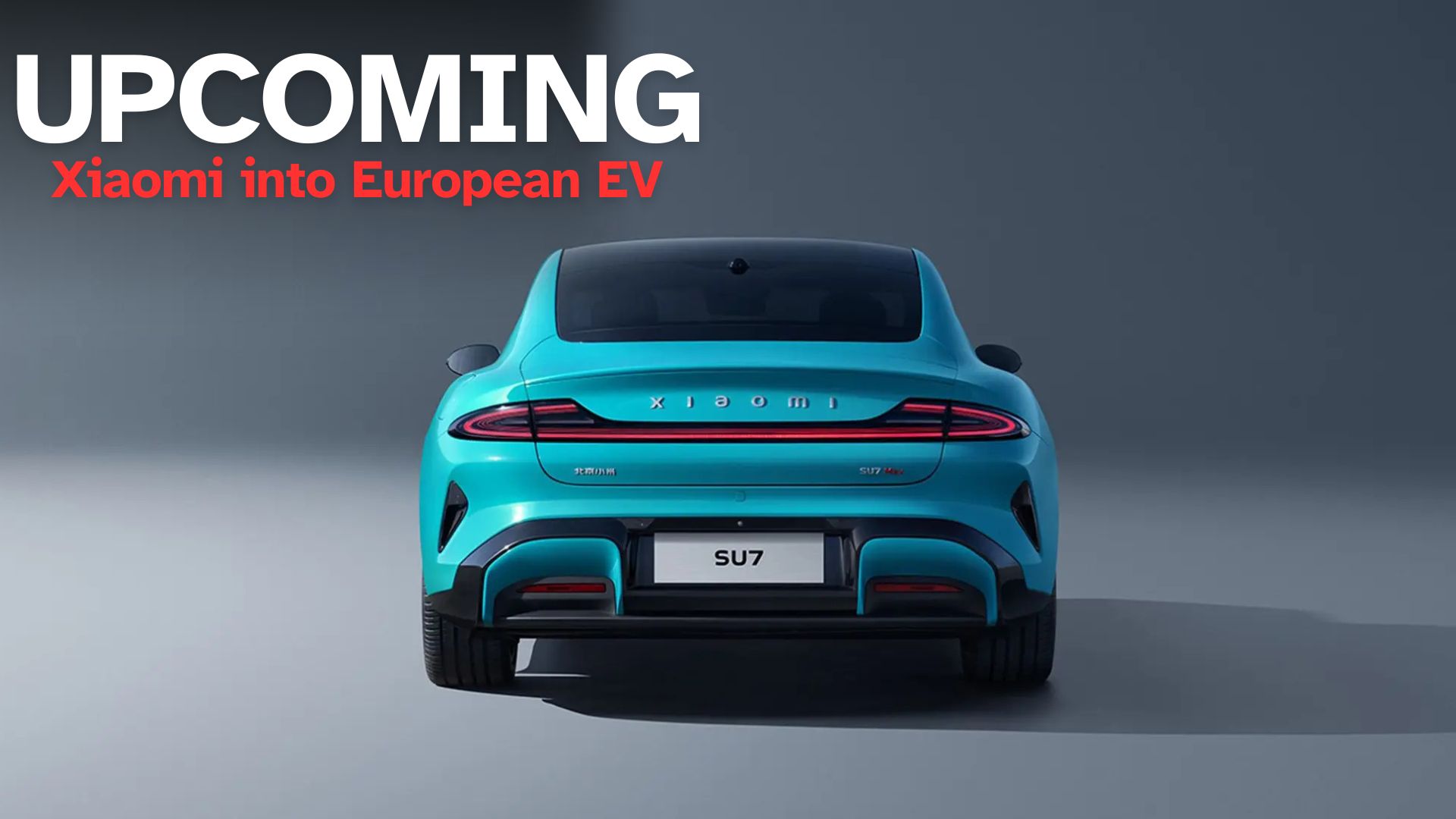
Less than two years ago, Xiaomi’s automotive ambitions were seen as a bold experiment. Today, the company operates as a full-fledged car manufacturer, competing directly with leading EV makers in China.
-
Early Success in China: Both the SU7 and YU7 have been met with strong reviews from critics and consumers alike. Their sleek design, competitive range, and advanced technology have led to unprecedented demand, with wait times stretching beyond a year for some buyers.
-
Impressive Sales Figures: In the second quarter of 2025, Xiaomi delivered 81,302 vehicles to customers. Cumulatively, the company has already sold 157,000 units in the first half of 2025, underscoring its rapid growth.
This early success is crucial as it provides Xiaomi with the production scale, brand reputation, and financial backing to expand into challenging foreign markets like Europe.
Quick Summary
Aspect |
Details |
|---|---|
Company |
Xiaomi EV Division |
Launch in Europe |
2027 |
First Expected Models |
SU7 Sedan, YU7 SUV |
Upcoming Model |
YU9 Large SUV (range extender) |
2025 Deliveries |
157,000 vehicles in first half |
Key Hires |
Rudolf Dittrich (ex-BMW, F1), Dusan Sarac, Jannis Hellwig |
European Strategy |
Dedicated R&D center, local engineering talent |
Financial Status |
RMB 300 million loss (~€35M) in latest quarter |
Profitability Goal |
Second half of 2025 |
Official Website |
Expansion Roadmap: Why Europe Comes First
Xiaomi’s president, Lu Weibing, confirmed that Europe will be the first international destination for Xiaomi’s EV business. The decision reflects the region’s strong EV adoption rates, supportive regulatory environment, and demand for high-quality, competitively priced electric vehicles.
The company has not officially announced which models will debut in Europe, but industry insiders expect the SU7 sedan and the YU7 SUV to lead the launch. Additionally, Xiaomi is developing a third model, the YU9, a large SUV equipped with a range-extender powertrain that combines a 1.5-liter turbocharged engine with dual electric motors. This could further diversify Xiaomi’s European portfolio by catering to consumers who value flexibility for longer journeys.
Building European Expertise
To succeed in Europe, Xiaomi understands that it must do more than simply export its Chinese models. The company has been strategically hiring top talent from established European automakers and motorsport backgrounds.
Key hires include:
-
Rudolf Dittrich: Former BMW executive with experience in both luxury automotive design and Formula 1 engineering at Williams and Sauber.
-
Dusan Sarac and Jannis Hellwig: Both former BMW specialists, bringing expertise in vehicle engineering and performance.
Alongside this recruitment drive, Xiaomi is setting up a dedicated European research and development center. This facility will allow the company to fine-tune its vehicles for European roads, driving habits, and safety standards.
Financial Challenges and Profitability Outlook
Entering the automotive sector is significantly more costly than Xiaomi’s traditional consumer electronics business. The company’s car division recently reported a quarterly loss of RMB 300 million (around €35 million).
Despite the losses, Xiaomi co-founder Lei Jun remains optimistic. He expects the car division to turn profitable in the second half of 2025, thanks to economies of scale, growing demand, and expanding production capacity. This projection provides reassurance to investors and underlines the company’s confidence in the long-term success of its EV division.
What This Means for European Consumers
For European car buyers, Xiaomi’s entry promises several advantages:
-
Greater Competition: The arrival of a new challenger puts pressure on existing brands to innovate and improve their pricing strategies.
-
Technology Integration: Xiaomi’s background in smartphones and smart ecosystems could offer unique features in its vehicles, particularly around connectivity and user experience.
-
Affordable Choices: Chinese automakers have built a reputation for offering high-tech vehicles at competitive prices. If Xiaomi follows this strategy, European consumers may see more affordable EV options without compromising quality.
Frequently Asked Questions
Q1: When will Xiaomi launch its EVs in Europe?
A. Xiaomi plans to launch its electric vehicles in Europe by 2027.
Q2: Which models will be available in Europe first?
A. While not officially confirmed, it is widely expected that the SU7 sedan and YU7 SUV will be the first to enter the European market.
Q3: Will Xiaomi cars be affordable compared to European brands?
A. Xiaomi is known for competitive pricing in its electronics business, and it is likely to adopt a similar strategy for its cars, making them more affordable than many European counterparts.
Q4: How successful is Xiaomi in the Chinese EV market?
A. Xiaomi has sold over 157,000 vehicles in the first half of 2025, with wait times exceeding one year in some cases.
Q5: What makes Xiaomi’s EVs unique?
A. Xiaomi’s strength lies in its integration of smart technology, user-friendly software ecosystems, and innovative design, which are expected to be central features in its cars.
For More Information Click HERE


